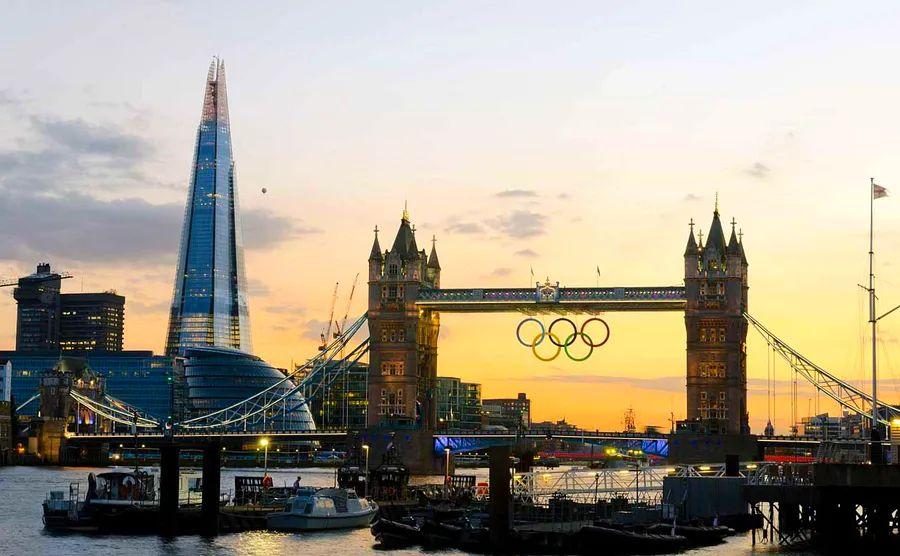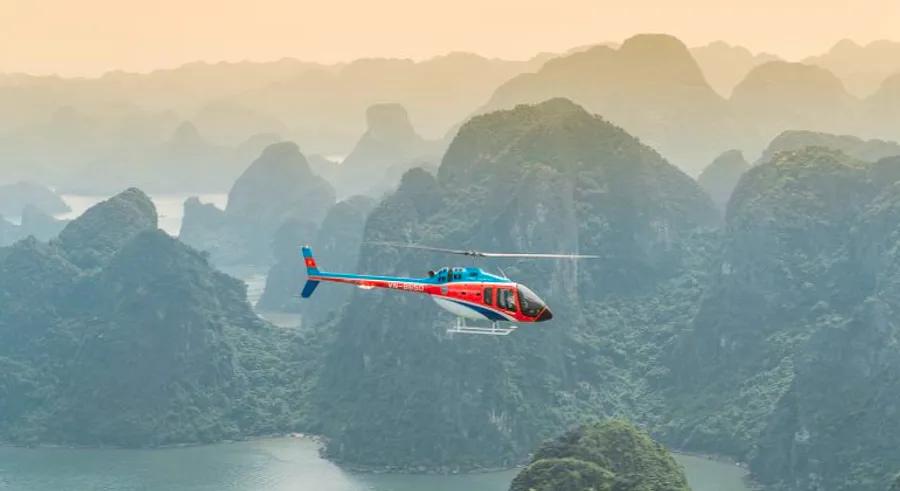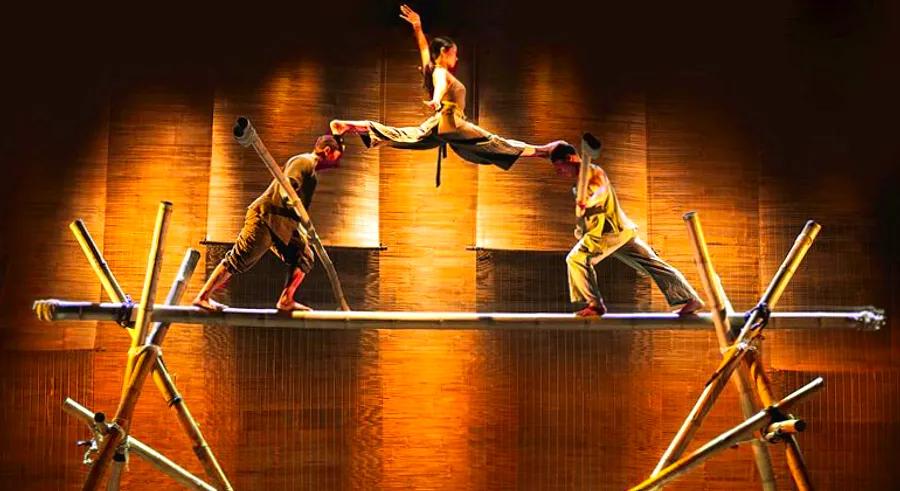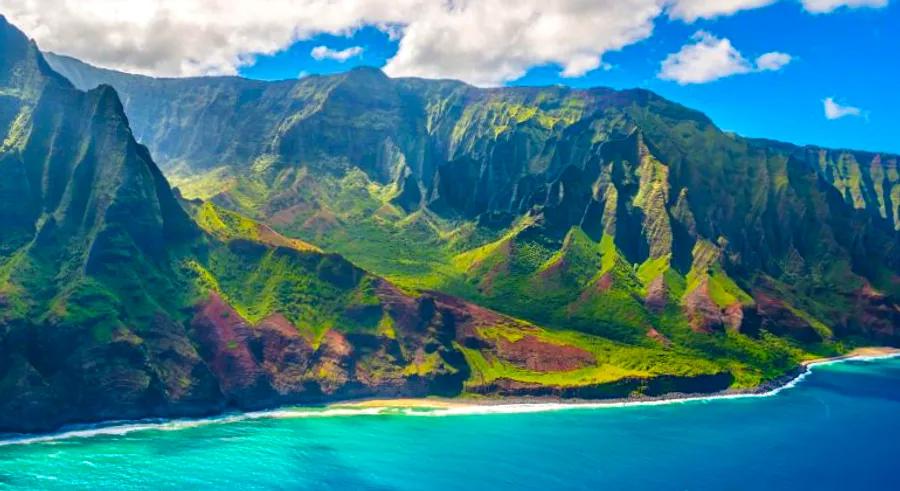Lessons Learned from My First Olympic Experience

 Image Credit: Getty Images
Image Credit: Getty ImagesExperiencing the Olympic culture firsthand is essential to truly grasp its essence.
My introduction to Olympic life came from working at the London 2012 Olympics, where I made some rookie errors that a more experienced traveler might have avoided. To refresh my understanding of Olympic culture before Tokyo 2020, I recently explored the Kanto region of Japan, which will host 31 out of 33 Olympic sports this summer, including events in Tokyo and its neighboring prefectures.
The Olympics serve as a global time capsule, capturing the world's upheavals, documenting cultural and technological trends of the year, and showcasing our athletic evolution through sports.
During the 2012 Olympics, before the iPhone 5 was released and before I had an Instagram account, I watched Team USA secure gold in all-around gymnastics from the second row. I inadvertently spoiled the victory on Facebook for my East Coast friends who wouldn't see it for another six hours. London 2012 was three games before Russian athletes competed under a neutral flag as 'Olympic Athletes from Russia.' It was also the second of Usain Bolt's three Olympic appearances to date, and four years prior to South America hosting their first games in Rio.
The forthcoming Tokyo 2020 games will present a completely different historical context compared to the world witnessed four years ago in Rio 2016 and four years before that in London. If you're going to experience the culture, vibrancy, and global conversation, here’s what I wish I had known before attending the Olympics.
 Photo Credit: Brendan Moran/Getty Images
Photo Credit: Brendan Moran/Getty ImagesThe Logistics
Unsurprisingly, my key insights from traveling to an Olympic venue revolved around logistics. First and foremost: events often take place outside the main host city. It's rare for every event to be held within the city limits due to space constraints. While in Japan, I explored the neighboring prefectures participating in the 2020 Olympics, uncovering not only their significant roles in the games but also the attractions they offer to visitors heading to Tokyo. The nearby prefectures of Shizuoka, Yamanashi, and Kanagawa will each host Olympic events and are gearing up for an influx of Olympic tourists.
 Photo Credit: Pradthana Jarusriboon/Getty Images
Photo Credit: Pradthana Jarusriboon/Getty ImagesThe unifying spirit of an entire country supporting the Olympics — and the fact that the games extend beyond the city's boundaries — provides a great opportunity to use the host city as a launching pad rather than the ultimate destination.
Cities have numerous incentives to host the Olympics, including infrastructure improvements, enhanced prestige, and financial gain, with tourism playing a vital role. As Tokyo neighborhoods gear up to greet international visitors, other regions across Japan are preparing as well. Sapporo, for instance, will host both soccer matches and the Olympic marathon, making it an ideal launch point for adventures in northern Japan. In Yamanashi Prefecture, the cycling event will circle Lake Yamanaka, showcasing a stunning view of Mount Fuji, before concluding at Fuji Speedway in Shizuoka Prefecture. This is a fantastic chance to explore the five lakes surrounding Mount Fuji or enjoy a few days at an onsen (Japanese hot spring) town in Shizuoka.
Accommodations are another crucial aspect of logistics. Olympic events typically occur on the city's outskirts, where space for stadiums and facilities is available. Choosing where to stay isn’t straightforward. Being close to the venues allows for quick access to events and saves lengthy commutes to your favorite locations. Alternatively, you might choose to stay in the city's heart for prime sightseeing opportunities. During the London 2012 Olympics, I resided in Russell Square, which placed me centrally, even though it was an hour away from Olympic Park in Stratford by metro.
The Tokyo Olympics will primarily be centered around two zones: the Tokyo Bay Zone, situated right by the water, and the Heritage Zone, which is located slightly inland. Both areas are experiencing high demand for accommodations. However, if you can't secure a booking in either zone, there are many neighborhoods in Tokyo that offer easy access to the Olympic areas through public transportation.
 Photo Credit: Marta Iwanek/Getty Images
Photo Credit: Marta Iwanek/Getty ImagesThe Culture
The Olympics encompasses much more than just sports. Each global sporting event comes with rich traditions — much like the Pimm’s Cups and bowls of strawberries and cream at Wimbledon — that you may not fully appreciate until you experience them in person.
One tradition I wish I’d been aware of: pin trading. Seriously, Olympic pin trading is an event all on its own. Volunteers, fans, coaches, athletes, and staff proudly display their pins on lanyards like badges of honor. Some pin traders have been engaged in this for years, swapping vintage pins from past Olympics for shiny new 2020 pins. As a first-time attendee, keep an eye out for desirable pins and the chance to join in the trading fun.
Team houses play a significant role in Olympic culture when you're on-site. Team USA’s house for Tokyo 2020 is located east of Roppongi in Minato City, not far from Team Italy’s residence (or Casa Italia). I wish I could share insights from inside these houses, but I've never managed to enter one. They are a) notoriously difficult to locate, and b) often not open to the public. Some are in plain view — I once stumbled across a House That Shall Not Be Named during the London Olympics but couldn’t gain entry despite my charmingly misguided attempts at speaking the local lingo. Others are intentionally hidden or restrict access. Think of the team houses like a Hogwarts common room — entry requires knowing where to go and having the right password (fortuna major, perhaps). While in Tokyo, gather tips through word of mouth and social media to find out which houses are open to the public, serve food, and might provide opportunities to meet athletes. At the 2018 Winter Olympics in Pyeongchang, Sweden House offered Swedish meatballs, and Korea House had a K-pop booth.
When it comes to attending Olympic events, here’s some invaluable pre-Olympics advice I received: Follow the home team. Expect to see the host country’s team and other dominant teams highlighted at each event — so plan accordingly. At the London 2012 gymnastics events, I was just as invested in Great Britain’s team as I was in Team USA. Familiarizing yourself with Team Japan’s athletes in your preferred events will enhance your overall Olympic experience. For me, a big part of the enjoyment was knowing the competitors and their performances, which resonates with many spectators.
 Ramsey Cardy/Getty Images
Ramsey Cardy/Getty ImagesThe Impact
While it may seem cliché, attending the Olympics in person revealed to me the immense global significance and historical importance of the games. On my final day in Tokyo, I visited the Japan Olympic Museum, which opened its doors in September 2019. It's located in Gaienmae, just beneath Shinjuku and directly across from the New National Stadium.
At the museum, which I wholeheartedly recommend visiting during your time in Tokyo, I dedicated a good portion of my visit to studying a large diagram featuring the flags of every nation that has competed in the Olympics. Notably, at the 2018 Pyeongchang Olympics, Nigeria and Eritrea made their debut in the Winter Games. Additionally, the 1952 Helsinki Olympics marked the first appearance of the Israeli flag, just four years after Israel became a nation.
Certainly, while there are somber events throughout Olympic history, the overarching theme is that the Olympic Games serve as a global chronicle, fostering unity among nations that might otherwise remain apart. This feeling of connection is palpable when you immerse yourself in an Olympic host city during the Games.
That said, if I could relive my Olympic experience, I would enter with a richer understanding of the world, armed with knowledge about my host nation. Before you arrive for Tokyo 2020, familiarize yourself with prominent Japanese athletes (like Naomi Osaka, who triumphed over Serena Williams in the 2018 U.S. Open final). Plus, don’t miss the chance to choose a few destinations to explore in Japan after the Olympics — there’s a whole country waiting to be discovered.

1

2

3

4

5
Evaluation :
5/5